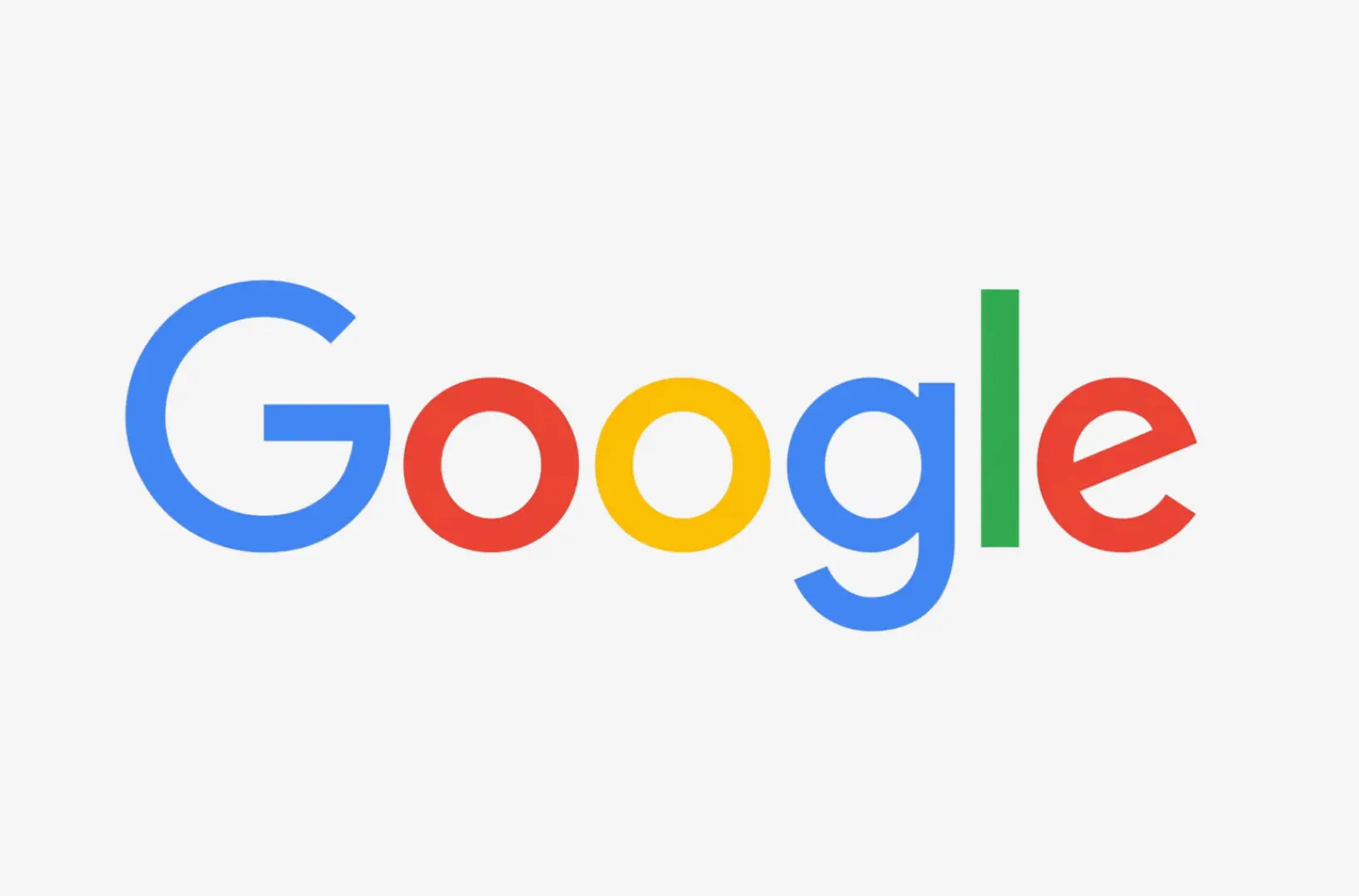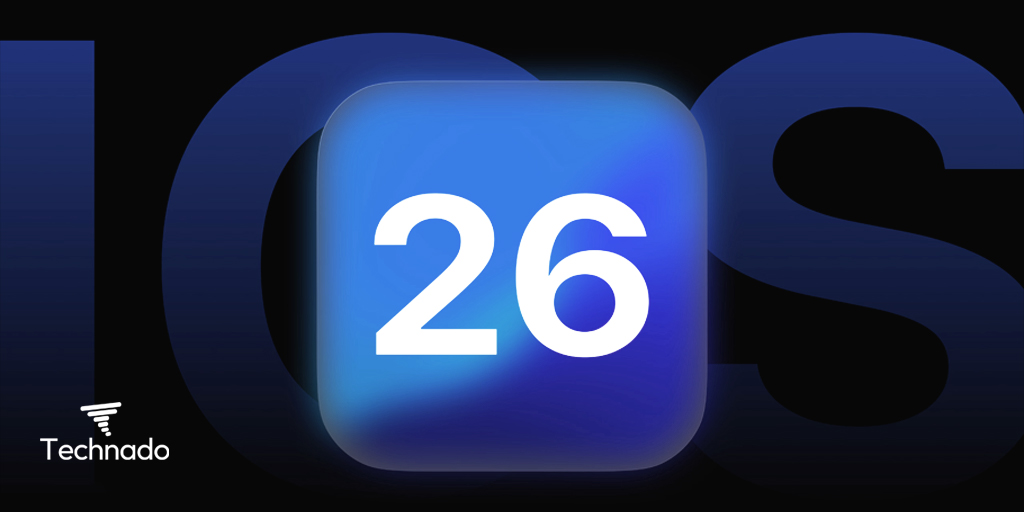Google’s search algorithm is the most powerful tool for organizing the internet’s vast amount of information. With misinformation becoming a global concern, many expected the tech giant to take a stronger stance by embedding fact-checking directly into its core ranking systems. However, recent reports confirm that Google refuses to take this step, instead opting for alternative approaches to combating misinformation.
This decision has sparked debates over the balance between free speech, algorithmic neutrality, and the responsibility of search engines in curbing misinformation. In this blog, we’ll explore why Google has taken this stance, the impact of its decision, and what it means for the future of online information.
Google’s Stance: Why It Avoids Algorithmic Fact-Checking
While Google does provide fact-check labels in search results through partnerships with organizations like the International Fact-Checking Network (IFCN), it does not directly integrate fact-checking mechanisms into its ranking algorithm. The reasons for this approach are complex and multifaceted.
1. Concerns Over Neutrality and Bias
Fact-checking inherently requires judgment calls. By embedding fact-checking into its algorithm, Google risks being perceived as an arbiter of truth rather than a neutral search engine. This could lead to accusations of bias, particularly in politically charged topics.
Google’s search algorithm already ranks pages based on credibility and relevance, but a direct fact-checking mechanism could raise concerns about censorship and ideological favoritism. Instead, Google maintains that it aims to provide users with a diverse range of information rather than dictate what is true or false.
2. The Evolving Nature of Truth
Truth is not always absolute. In fields such as science, health, and technology, new discoveries can overturn previously accepted facts. If Google were to implement a rigid fact-checking system, it could inadvertently suppress emerging research or minority perspectives that later prove to be accurate.
For example, during the early stages of the COVID-19 pandemic, certain medical claims were considered misinformation but later turned out to be valid as new research emerged. This highlights the challenge of automating fact-checking in a way that adapts to evolving knowledge.
3. User Empowerment vs. Algorithmic Control
Google argues that rather than embedding fact-checking into its search algorithm, it prefers to empower users with tools to evaluate information themselves. Some of these tools include:
- “About This Result” Feature – Provides background information on sources appearing in search results.
- Fact-Check Labels – Highlights third-party fact-checking results when available.
- Knowledge Panels and Snippets – Offers summarized information from authoritative sources.
This approach shifts responsibility to users, encouraging them to think critically rather than relying on Google to filter information automatically.
4. The Risk of Overreach and Censorship
A fact-checking algorithm could result in unintended censorship. Automated systems may mistakenly flag satire, opinion pieces, or dissenting viewpoints as misinformation, leading to the suppression of legitimate discussions.
For example, platforms like Facebook and YouTube have faced backlash for removing content that was later proven to be factually accurate. Google likely wants to avoid similar controversies by allowing a more open-ended approach to ranking information.
The Impact of Google’s Decision
Google’s refusal to integrate fact-checking into its core search algorithms has both positive and negative implications.
Pros of Google’s Approach
- Encourages Open Debate – By not acting as the final authority on truth, Google allows for a diversity of opinions and perspectives to surface.
- Prevents Algorithmic Overreach – Avoids the risk of over-censorship and ensures that controversial yet legitimate discussions are not suppressed.
- Maintains User Autonomy – Empowers users to develop critical thinking skills rather than passively accepting algorithmically filtered information.
Cons of Google’s Approach
- Misinformation Continues to Spread – Without direct intervention, false claims can still rank high in search results, misleading users.
- Fact-Checking Becomes a User Burden – Instead of filtering false information proactively, Google places the responsibility on users to verify information themselves.
- Trust in Information Ecosystem May Decline – As AI-generated misinformation and deepfakes become more sophisticated, users may find it harder to distinguish truth from fiction.
One major concern is that search results can still amplify misleading content if it garners enough engagement. This is particularly problematic in areas such as health misinformation, where false claims can have real-world consequences.
The Future of Fact-Checking in Search
While Google refuses to embed fact-checking directly into its algorithms, it is likely to continue refining its approach to misinformation. Potential future strategies may include:
- Improved Ranking Signals for Authoritative Sources – Google could enhance how it prioritizes credible websites without explicitly fact-checking content.
- Stronger AI Detection of Misinformation – AI tools could help identify patterns of misinformation without outright censoring content.
- User Education Initiatives – Google may invest more in educating users on how to spot misinformation effectively.
However, as misinformation tactics evolve, there will be increasing pressure on Google to take a stronger stance. Whether that means adjusting search algorithms or finding new ways to highlight trustworthy content remains to be seen.
Final Thoughts: Should Google Take a More Active Role?
Google’s decision to avoid embedding fact-checking into its core search algorithms is a double-edged sword. On one hand, it preserves neutrality, encourages open debate, and prevents over-censorship. On the other hand, it allows misinformation to persist, putting the burden of fact-checking on users.
With AI-generated misinformation on the rise, the question remains: Should Google take a more active role in filtering false information, or is the open-ended nature of its search algorithm the better approach?
What do you think? Should Google integrate fact-checking into its core algorithms, or should users be responsible for verifying information themselves? Share your thoughts in the comments!
Suggested reads:
- DJI Launches Flip A Compact Foldable Drone That Redefines Portability
- Apple Deepens Its India Focus with an Online Store App
- Is Black Panther 2.0 the Fastest Robotic Dog?

Jahanzaib is a Content Contributor at Technado, specializing in cybersecurity. With expertise in identifying vulnerabilities and developing robust solutions, he delivers valuable insights into securing the digital landscape.







